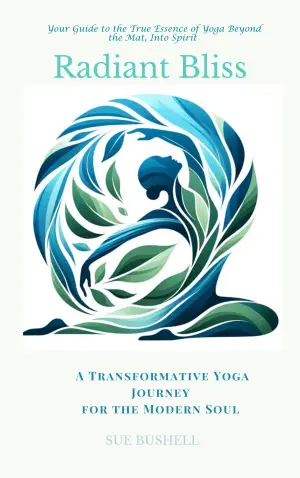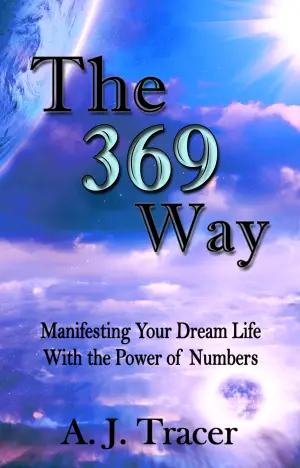Review of You Are Not Your Own: Belonging to God in an Inhuman World by Alan Noble
From the moment I picked up You Are Not Your Own: Belonging to God in an Inhuman World, I realized I was about to embark on a profound journey. Alan Noble has an uncanny knack for articulating the experiences many of us grapple with, especially those of us in our 30s or younger navigating the complexities of modern life. Upon finishing the book, I felt an odd mix of admiration and discomfort—a testament to the book’s power and depth.
Noble dives headfirst into the challenges of our contemporary culture, a world saturated with inhuman demands and spiritual disconnection. His observations are sharp, capturing the very essence of what ails us. I found myself nodding in agreement as he put words to the anxieties and frustrations that have long lingered beneath the surface of my daily existence. It was as if I had found a kindred spirit, someone who truly understands the labyrinthine struggles we face as we try to carve out our identities in a society that often feels at odds with our souls.
The writing style is both accessible and thought-provoking. Noble strikes a balance between scholarly insights and relatable prose, making the book feel like an intimate conversation rather than a dry academic treatise. His approach is reminiscent of cultural commentators like Charles Taylor and James K.A. Smith, yet he manages to infuse his unique flair, adding a vibrancy that enhances the discourse around essential topics of identity, community, and vocation.
However, for all its brilliance, the book left me yearning for more. While Noble provides a thorough diagnosis of our cultural malaise, I felt he skimped on the prognosis—what comes next? The moments of hope and joy in Christ are present, but occasionally feel overshadowed by a palpable sense of resignation. It’s as if Noble was wrestling with the line between realism and idealism; I wanted more emphasis on the transformative power of faith in our everyday lives and the promise of redemption that extends beyond mere survival in a broken world.
One particularly striking line from the book encapsulated my thoughts: "We are not waiting for redemption; it is already unfolding around us." This sentiment resonates deeply with me, hinting at the need for a vision that actively engages the present and works towards renewal rather than merely accepting the status quo with a sigh.
Despite my critique, I wholeheartedly recommend this book. It is a beacon of insight, especially for young adults wrestling with identity and belonging in an increasingly complex world. You Are Not Your Own is not just a book; it’s an invitation to deeper reflection and conversation. If you find yourself mulling over your place in this chaotic world or seeking a richer understanding of your relationship with God, then this book is for you.
In closing, Alan, thank you for sharing your thoughts with us. This book was a significant blessing, and I am already eager for what you’ll explore in your next work. Perhaps we just need that glimmer of hope, reminding us that, amid the chaos, a new creation is already in the making—if only we have the eyes to see it.
Discover more about You Are Not Your Own: Belonging to God in an Inhuman Wo… on GoodReads >>












